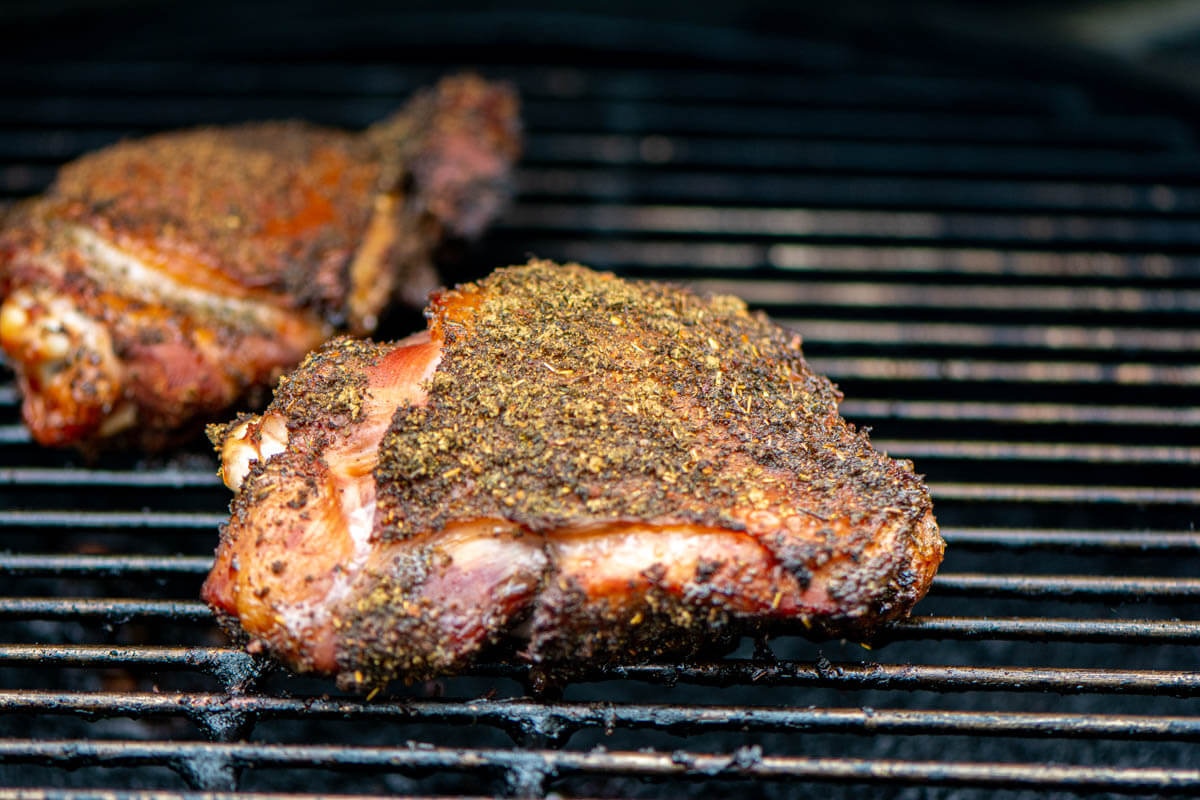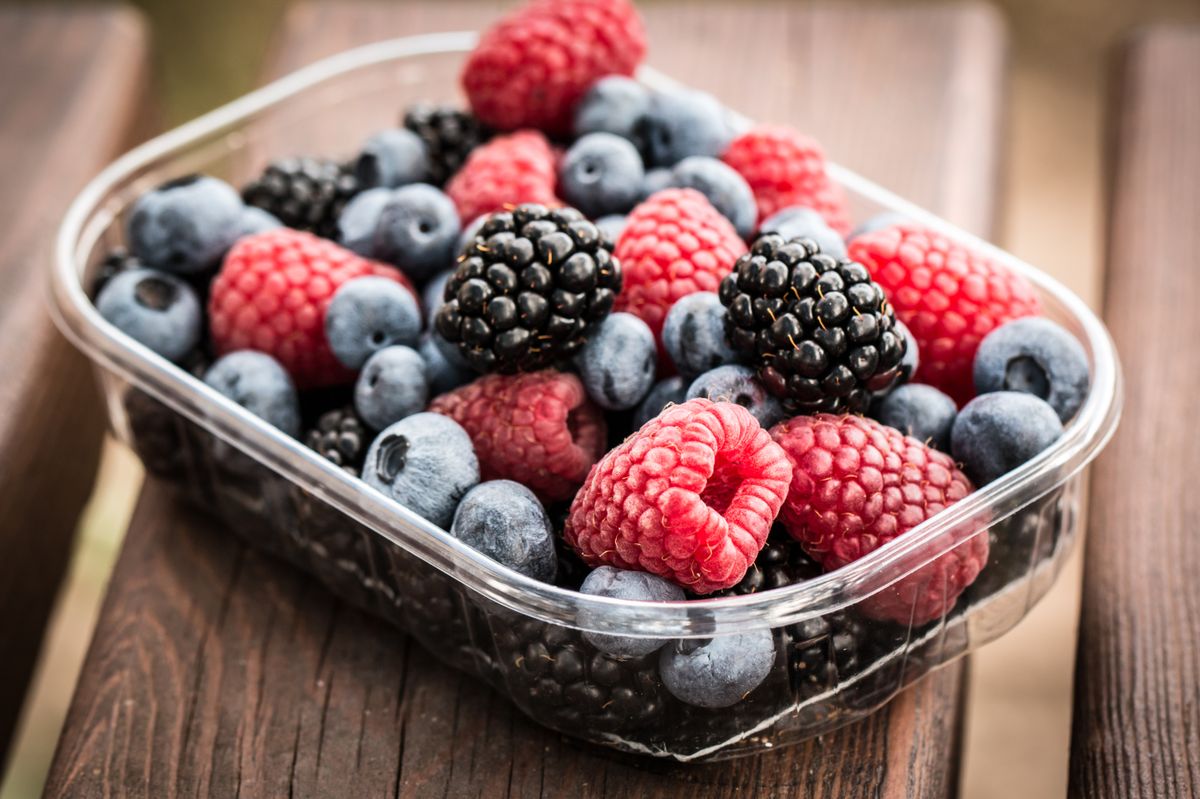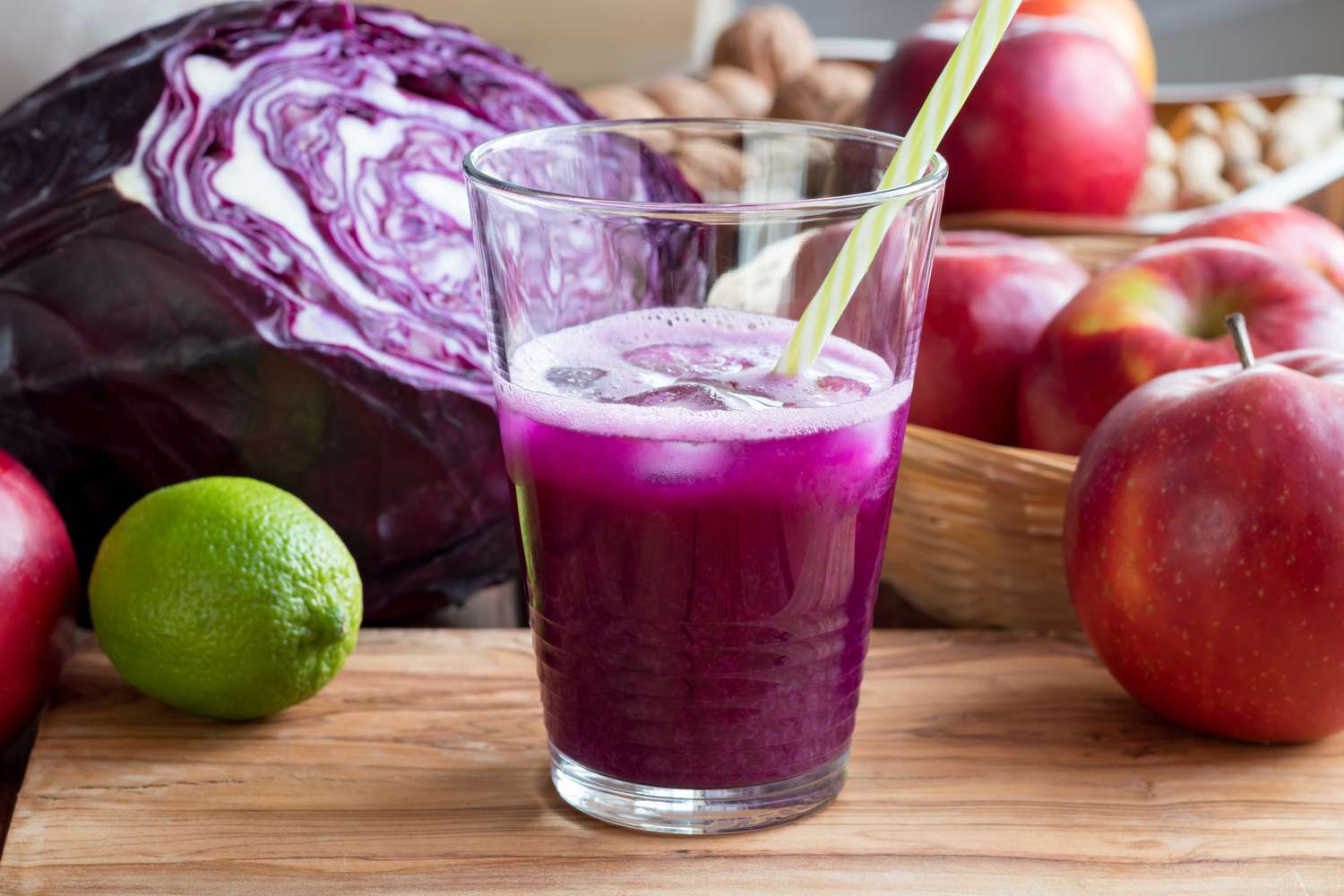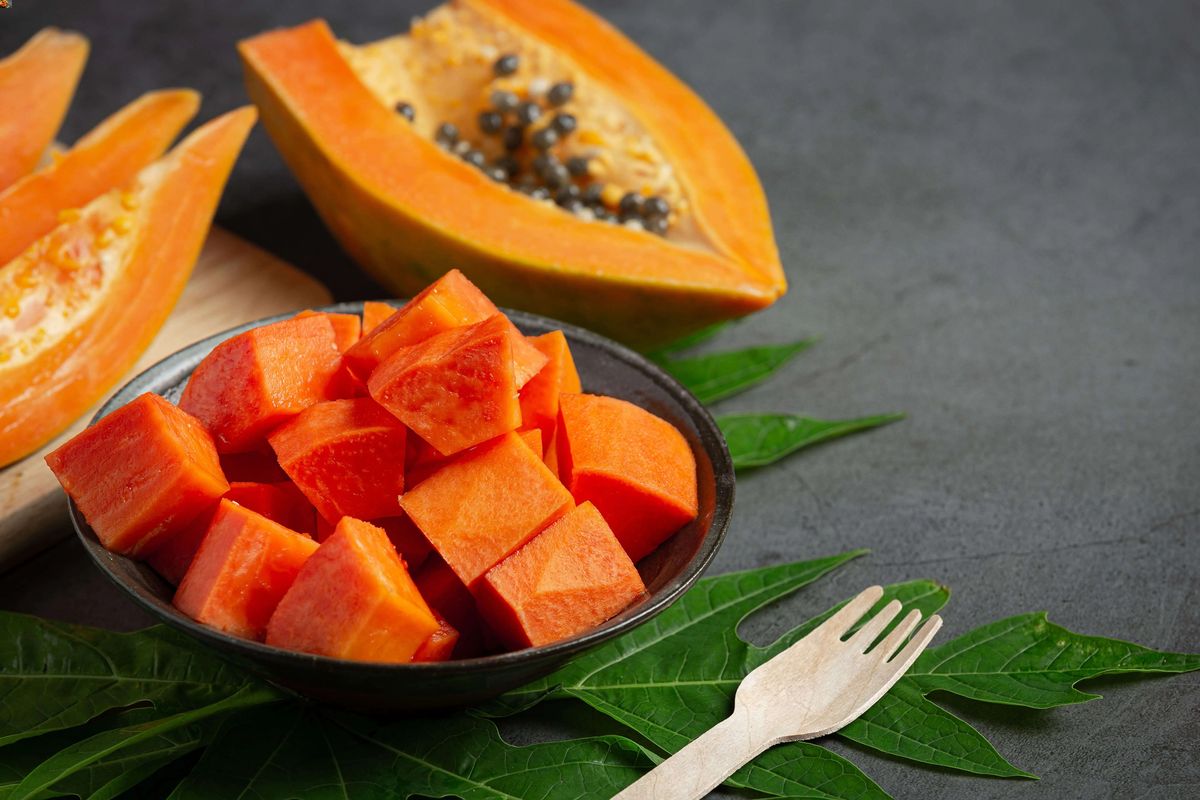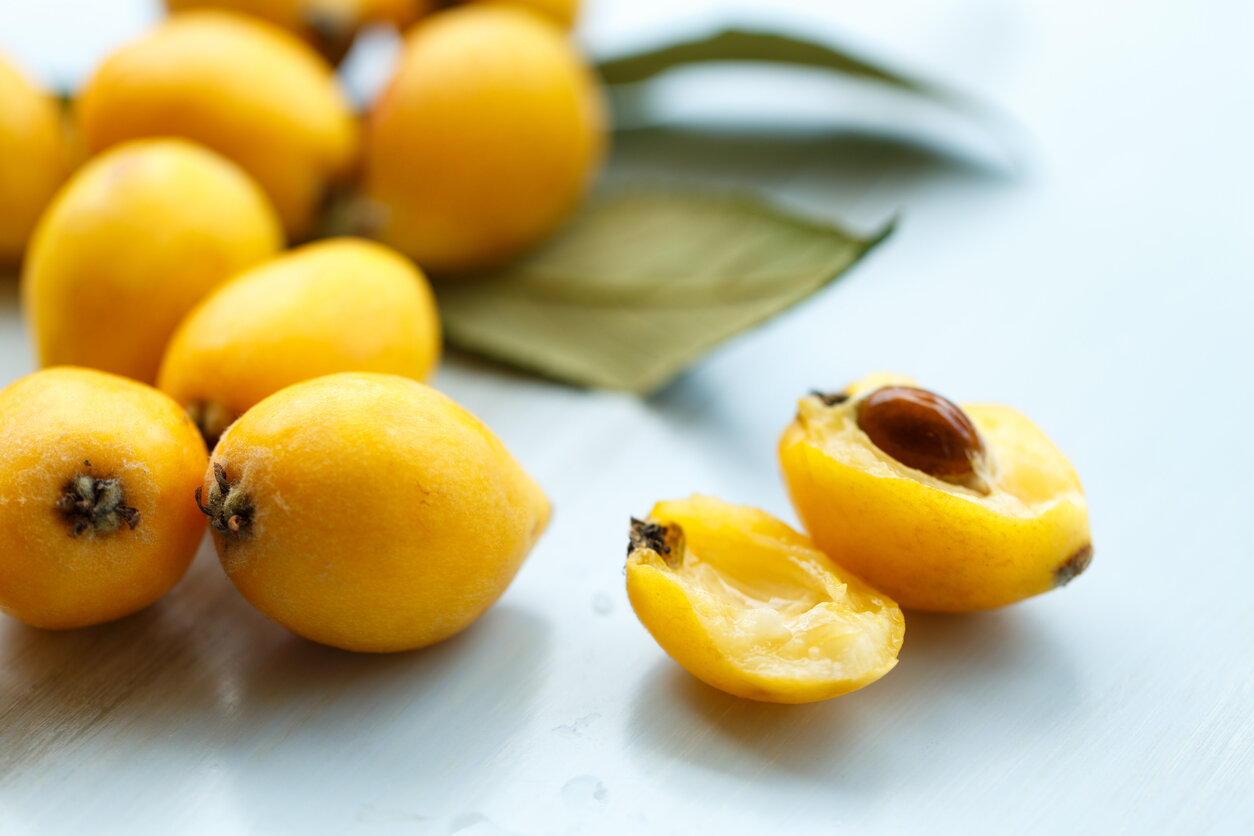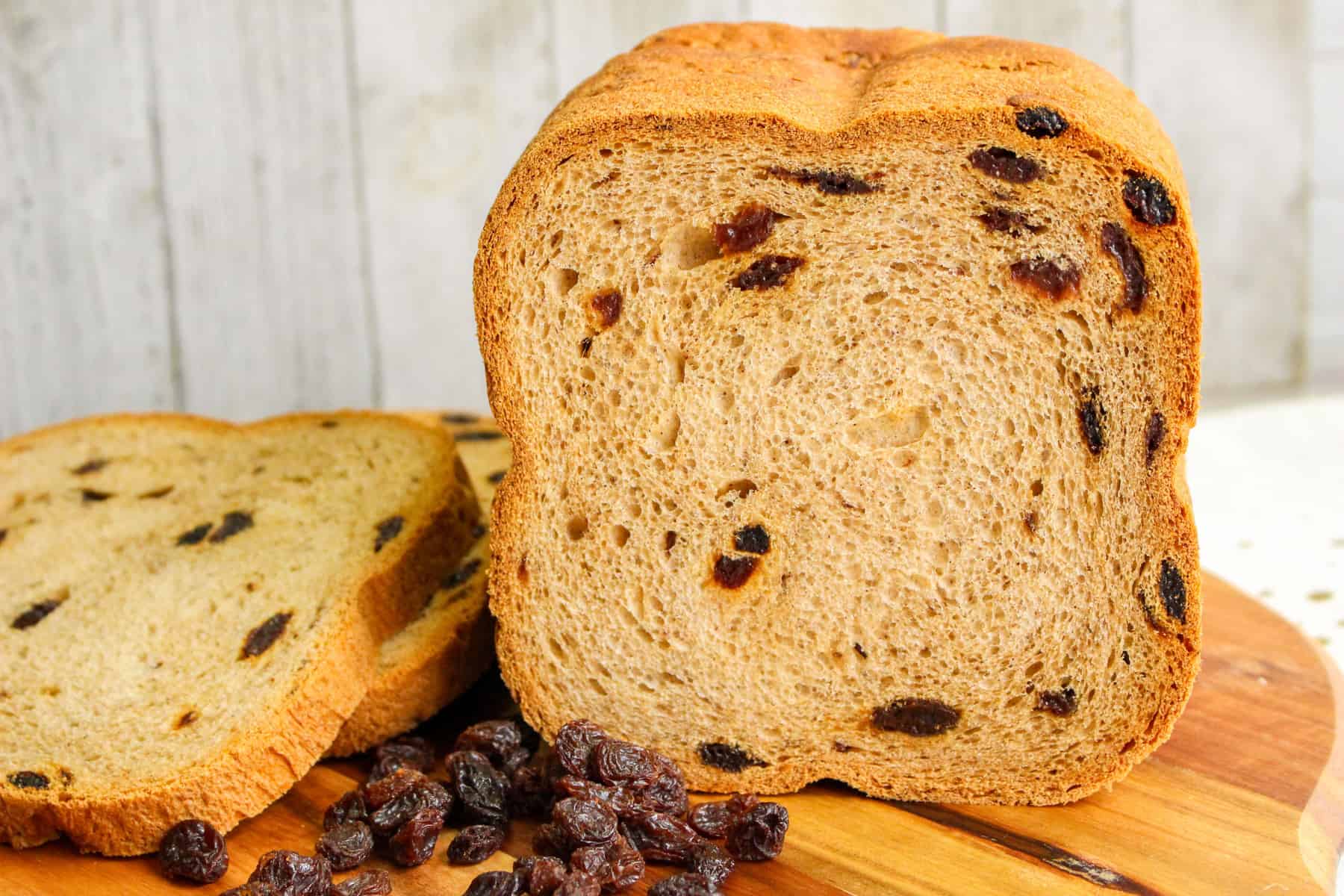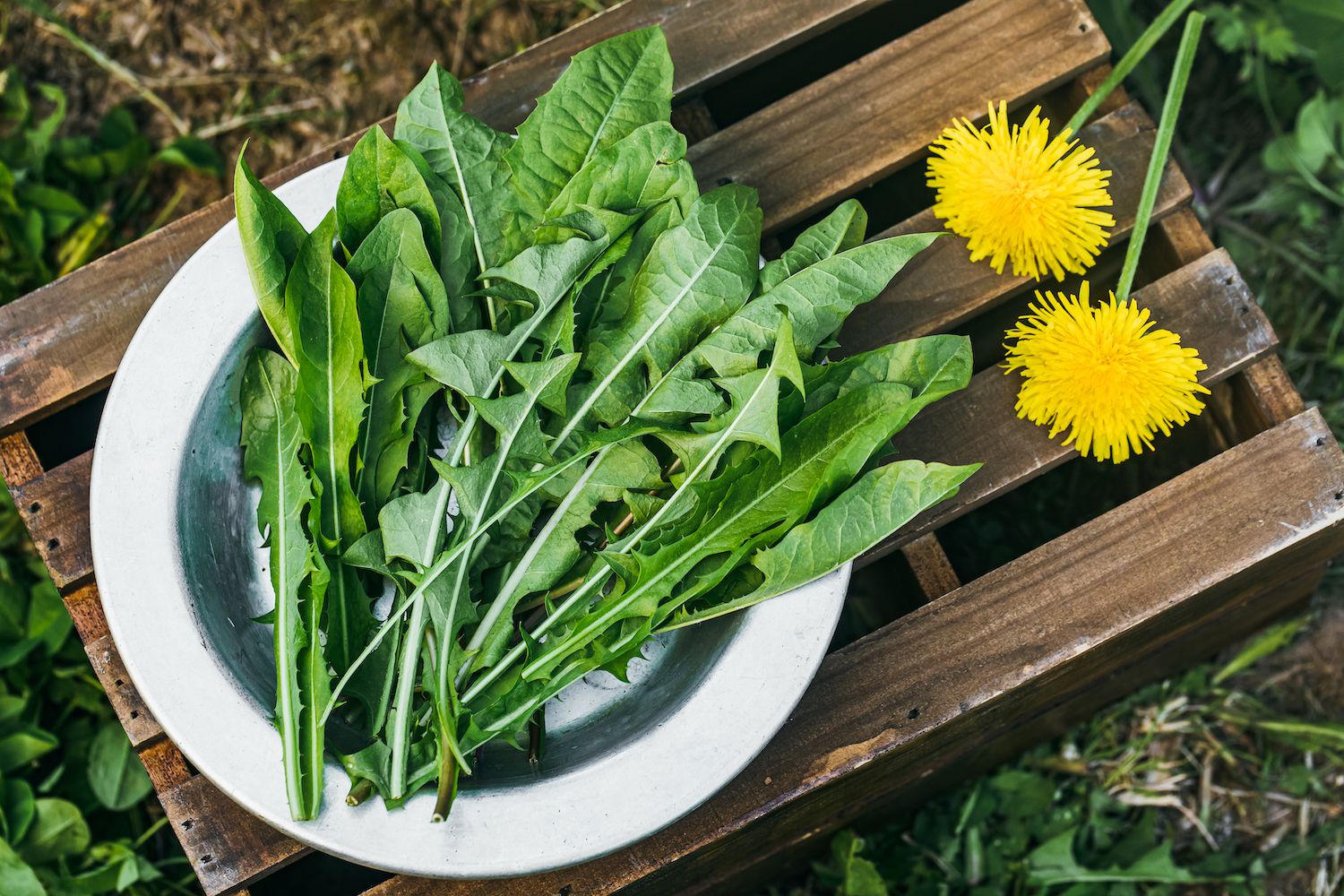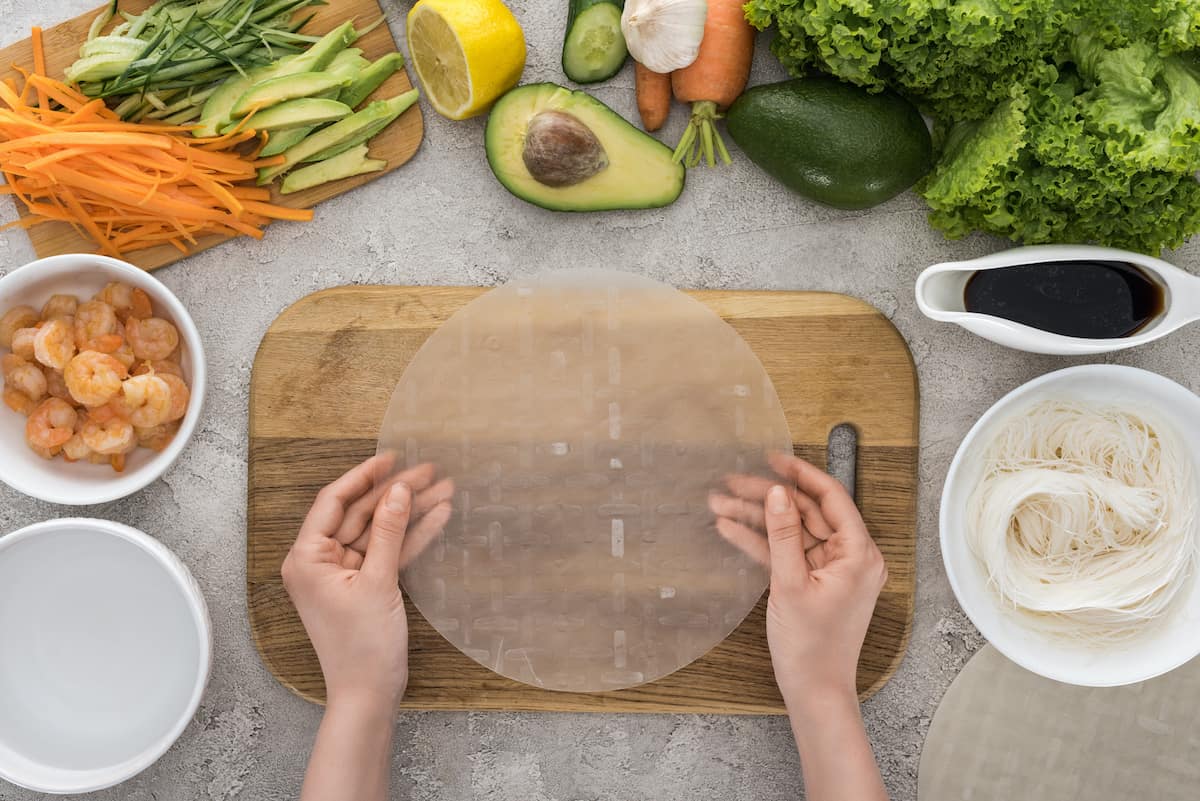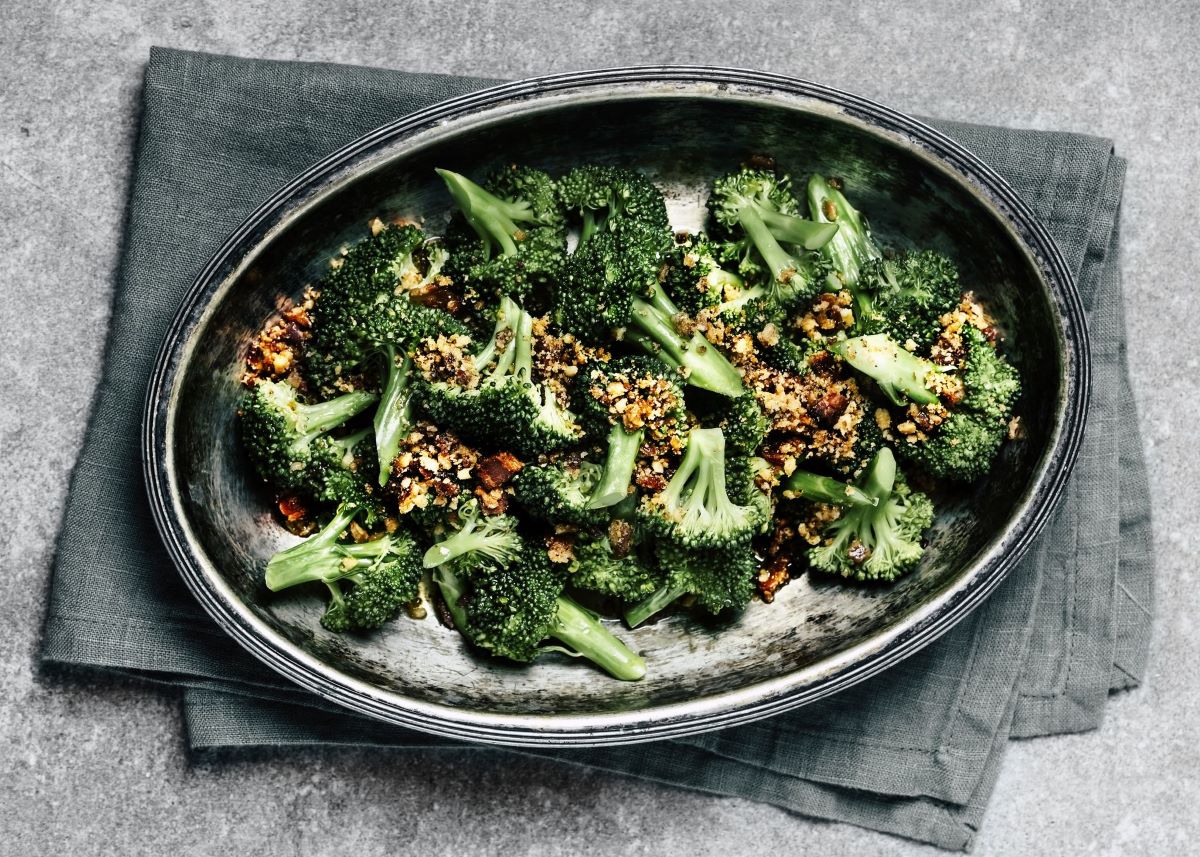Enjoying Cabbage Without the Unpleasant Side Effects
Many people love the taste and health benefits of cabbage, but they may avoid it due to the potential for gas and bloating. However, with a few simple tips and tricks, you can enjoy this nutritious vegetable without worrying about the uncomfortable side effects.
Choose the Right Cooking Method
One way to reduce the likelihood of experiencing gas after eating cabbage is to choose the right cooking method. Boiling cabbage can release sulfurous compounds that contribute to gas production. Instead, try steaming or stir-frying cabbage to help break down these compounds and make the vegetable easier to digest.
Pair Cabbage with Digestive Aids
Certain foods can help aid digestion and reduce the likelihood of gas when eating cabbage. Consider pairing cabbage with carminative herbs and spices such as ginger, fennel, or cumin. These ingredients can help ease digestion and minimize gas production.
Gradually Increase Your Intake
If you’re not used to eating cabbage, it’s best to gradually introduce it into your diet. Start with small servings and gradually increase the amount over time. This can give your body a chance to adjust to the fiber and other compounds found in cabbage, potentially reducing the likelihood of gas and bloating.
Consider Fermented Cabbage
Fermented cabbage, such as sauerkraut or kimchi, can be easier to digest than raw or cooked cabbage. The fermentation process breaks down some of the complex sugars in cabbage, making it gentler on the digestive system. Plus, fermented cabbage contains beneficial probiotics that can support gut health and aid in digestion.
Be Mindful of Portion Sizes
Eating large amounts of cabbage in one sitting can overwhelm the digestive system and lead to gas and bloating. Be mindful of portion sizes and consider balancing your cabbage intake with other easily digestible foods. This can help prevent discomfort and allow you to enjoy cabbage without the unwanted side effects.
Chew Thoroughly
Proper chewing is essential for good digestion. When you eat cabbage, be sure to chew it thoroughly to break down the fibers and aid in the digestive process. This can help reduce the likelihood of gas by allowing your stomach and intestines to more easily process the cabbage.
Conclusion
By choosing the right cooking methods, pairing cabbage with digestive aids, gradually increasing your intake, considering fermented cabbage, being mindful of portion sizes, and chewing thoroughly, you can enjoy the many benefits of cabbage without the discomfort of gas and bloating. Experiment with these tips and find the methods that work best for you, so you can savor this nutritious vegetable without hesitation.
